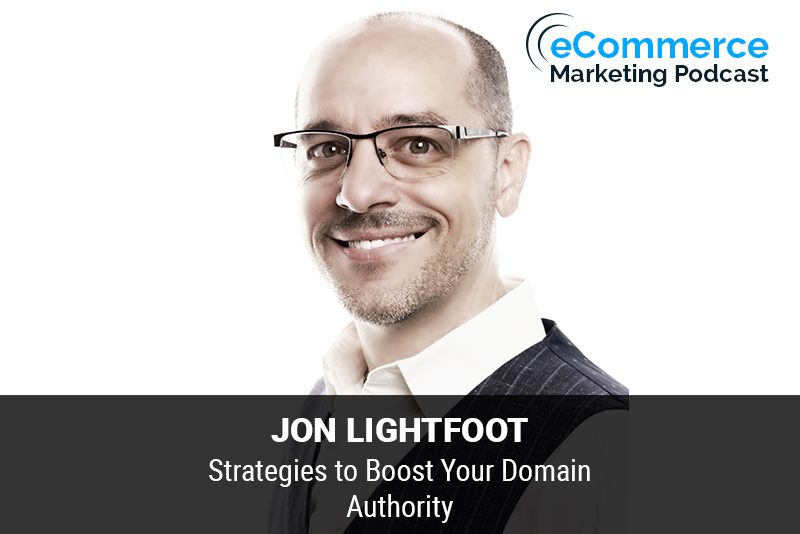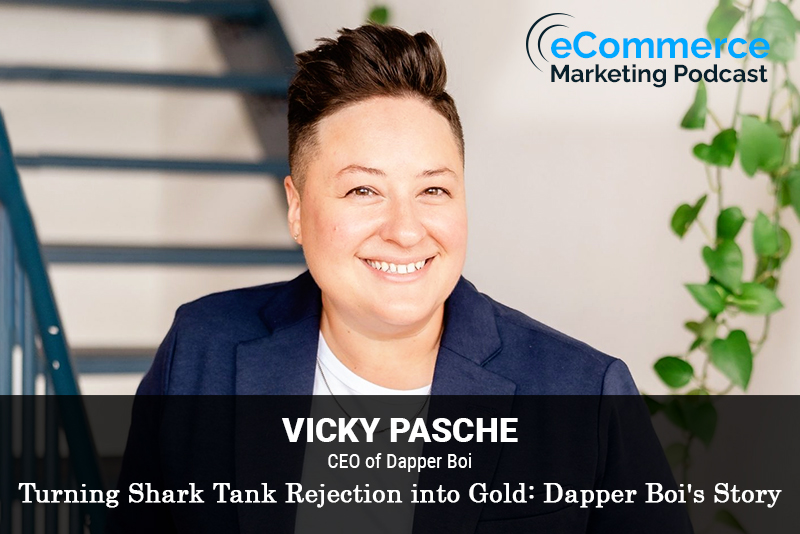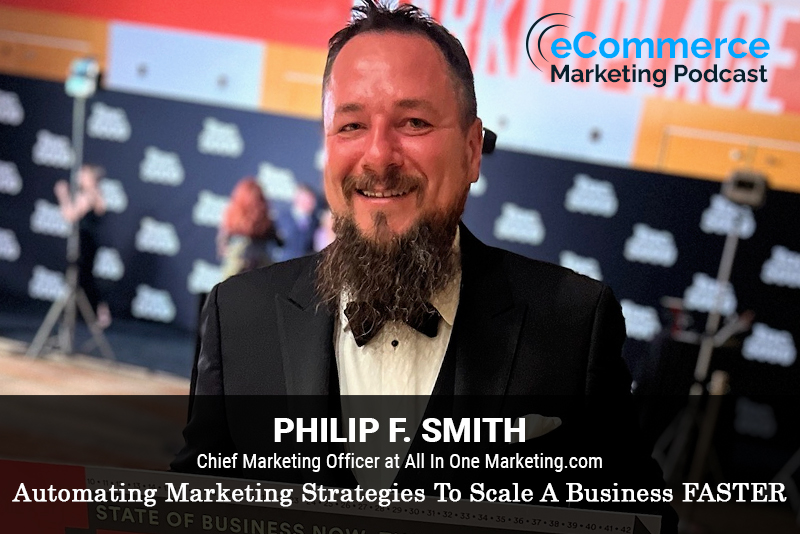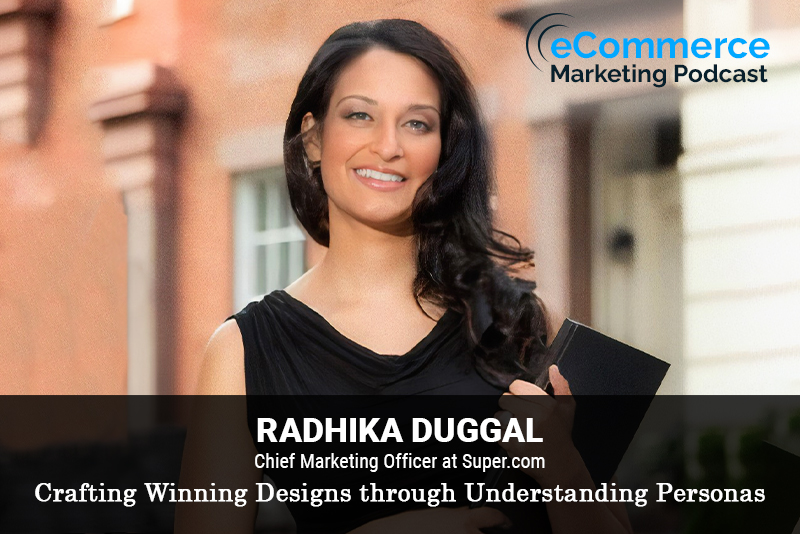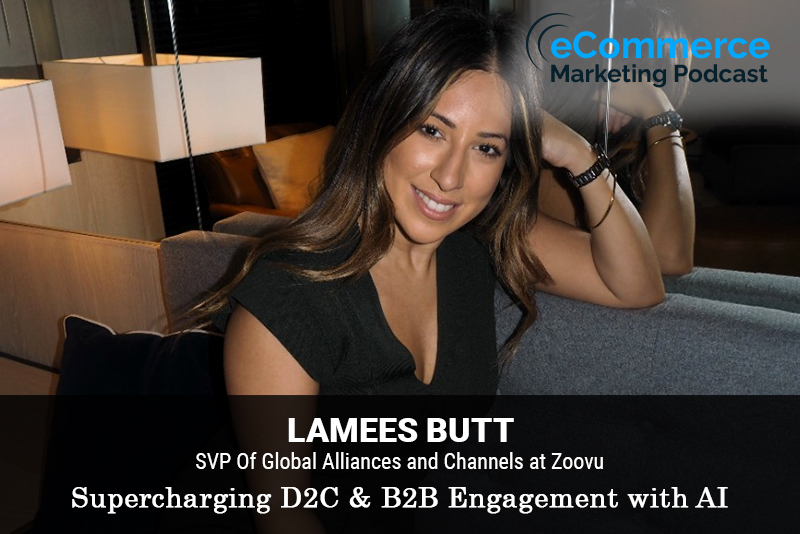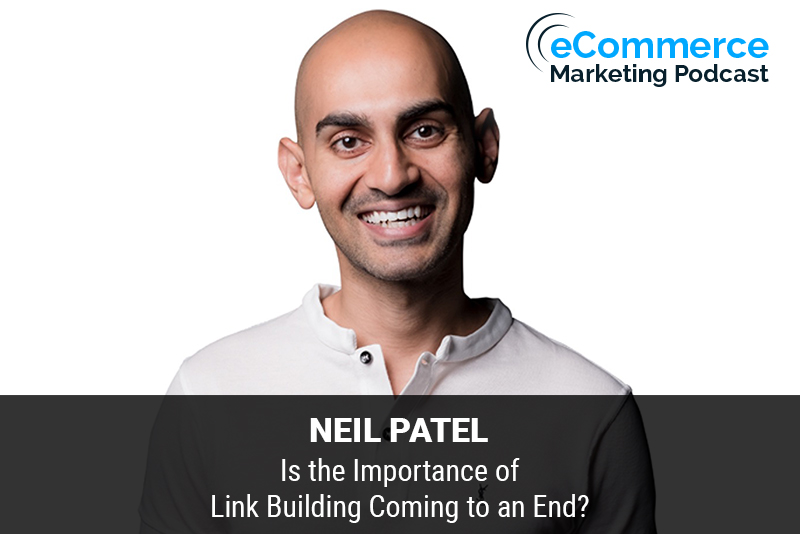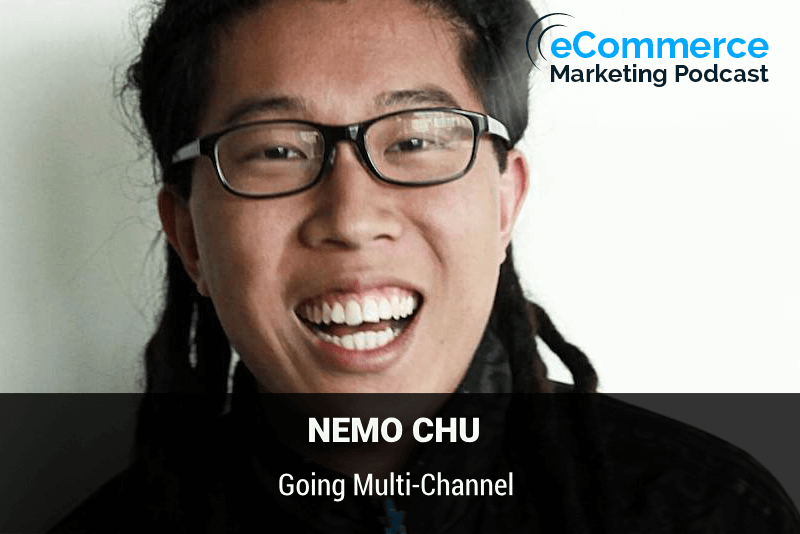
The eCommerce Marketing Podcast walks you through everything that goes into ecommerce marketing — from inbound marketing to paid advertising to conversions. Learn the strategies top marketing experts use to grow their businesses.
Today’s guest is Jon Lightfoot who is the Founder & CEO of Strategic SEO Solutions (SSS).
He has over 20 years of marketing experience in both brand-side and agency-side. Jon is an SEO expert with decades of experience in working with many SaaS brands, B2B enterprise firms, Fortune 500 and startups alike. He and his team are hands-on in managing their client’s on-site technical SEO, as well as offsite SEO, CRO, and overarching analytics. Additionally, Jon sits on the Customer Experience Advisory Board at the University of California Irvine.
In this episode, you will learn
- How companies can safely build links that boost domain authority
- A few basic do’s and don’ts when it comes to link building
- How link building can be done by anyone on your team
- Examples of some ecommerce businesses that have done successful link building and the results they saw
For show transcript and past guests, please visit https://www.ecommercemarketingpodcast.com
Or on YouTube at:
https://www.youtube.com/channel/UC3PgT0NOGzpdPGQtBK0XLIQ
Follow Arlen:
Twitter: https://twitter.com/askarlen
Facebook: https://www.facebook.com/arlen.robinson.7
Instagram: https://www.instagram.com/arlenyohance/
LinkedIn: https://www.linkedin.com/in/arlenrobinson/
Past guests on the ecommerce marketing podcast include Neil Patel, Nemo Chu, Luke Lintz, Luke Carthy, Amber Armstrong, Kris Ruby and many more.
Thanks for listening. Be sure to subscribe and leave a review.

In this episode of the eCommerce Marketing Podcast, host Arlen Robinson interviews Jon Lightfoot, Founder & CEO of Strategic SEO Solutions (SSS). Jon, with over 20 years of marketing experience, shares his deep insights into SEO optimization for e-commerce businesses, focusing particularly on the importance and strategies of link building.
Key Takeaways:
- Introduction to Jon Lightfoot (00:00:57)
- Jon’s background in SEO, marketing experience with SaaS brands, B2B enterprises, and Fortune 500 companies, and his role on the Customer Experience Advisory Board at the University of California Irvine.
- Importance of Consistency in Link Building (00:06:14)
- Consistency in link building is crucial for maintaining and boosting SEO rankings. Steady and regular link-building efforts are more effective than sporadic bursts.
- Quality Over Quantity in Link Building (00:11:02)
- Focus on acquiring high-quality links rather than merely increasing the number of links. Ensure links are contextually relevant and from trusted sources.
- Metrics to Evaluate Link Quality (00:07:52)
- Beyond Domain Authority (DA), consider additional metrics such as Page Authority (PA), domain age, spam score, and traffic quality to assess link value.
- Diversifying Link Building Tactics (00:12:33)
- Employ a variety of link-building strategies, including guest posts, press outreach, skyscraper techniques, and curated lists to create a balanced link profile.
- Understanding Anchor Text Diversification (00:13:27)
- Use a mix of exact match, branded, naked URL, categorical, and value proposition anchors to create a natural and effective link profile.
- Can Anyone on the Team Do Link Building? (00:14:14)
- While anyone can be trained to do link building, it’s crucial that they have a proper understanding of SEO principles and metrics to avoid potential penalties and ensure effectiveness.
- Trust and Authority in SEO Rankings (00:20:00)
- High trust and authority can outweigh certain technical imperfections. Building a robust E-A-T (Expertise, Authority, Trust) profile is critical for sustained SEO success.
Bullet Points of Key Takeaways with Timestamps:
- [00:00:57] Introduction to Jon Lightfoot and his expertise in SEO.
- [00:06:14] Importance of consistency in link building.
- [00:07:52] Evaluating link quality beyond Domain Authority.
- [00:11:02] Quality over quantity in link building.
- [00:12:33] Diversifying link-building tactics.
- [00:13:27] Understanding anchor text diversification.
- [00:14:14] Training requirements for effective link building.
- [00:20:00] Trust and authority’s role in SEO rankings.
Guest Information:
Jon Lightfoot
- Founder & CEO of Strategic SEO Solutions
- Website: Strategic SEO Solutions
- Contact: Reach out via the website to email Jon or schedule a consultation.

